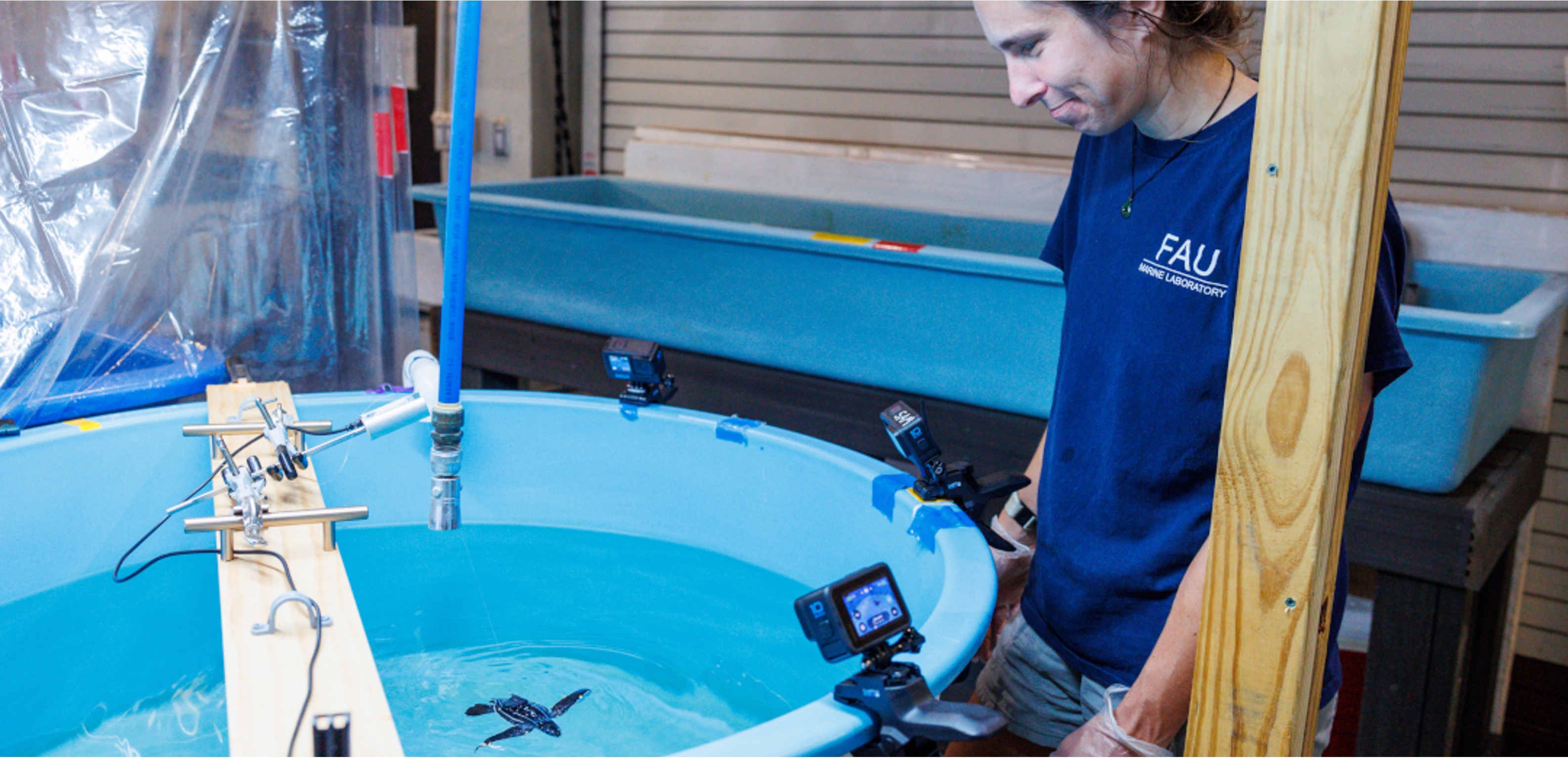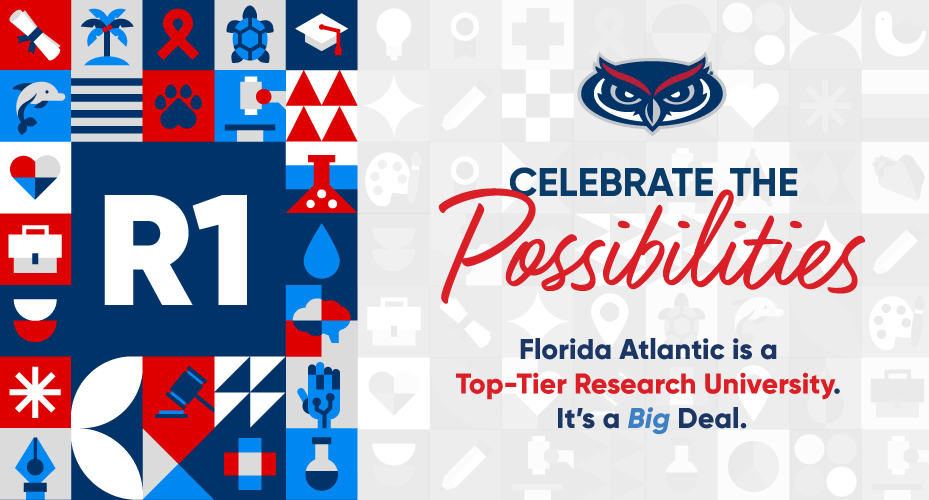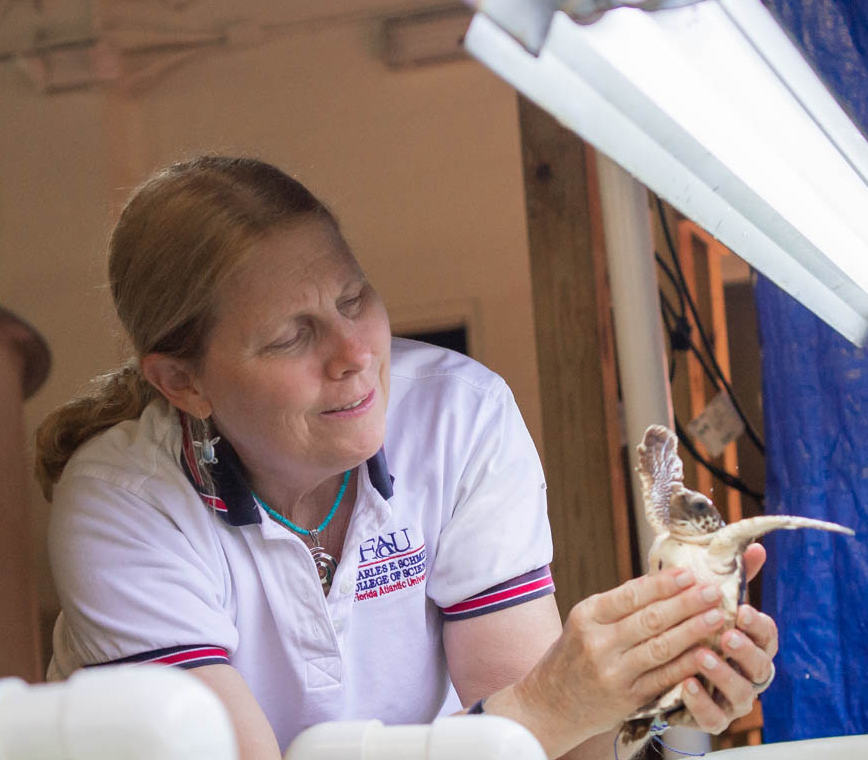
Author: Kristan Reynolds
Date: March 17, 2025
Although the idea that owls are the smartest birds is a myth, the Florida Atlantic University Owls are proving otherwise! FAU has recently earned R1 status, placing it among the top 5% of research institutions in the U.S.
“It’s a high level of distinction,” said Dr. Gregg Fields, Vice President of Research at Florida Atlantic University. “It’s meant to indicate, what they refer to as, very high research activity.”
This classification is awarded by the Carnegie Classification of Institutions of Higher Education and is measured through two metrics: The school must spend over 50 million a year on research expenditures and over 70 Ph.D. students must graduate yearly.

Since its founding in 1964, FAU has advanced research by establishing institutes, securing grants and donations, and conducting cutting-edge studies that paved the way for R1 status.
Fields mentions that while there may not be a “cash prize” for achieving this distinction, it brings a wealth of attention to the university.
“Once you are R1, you become a more attractive institution for other researchers to move to,” said Fields. “Especially those who have funded projects because R1 indicates you have a certain level of research capabilities and resources there.”
Beyond drawing in researchers, R1 status also radiates a level of research excellence that attracts further philanthropic support and interest from graduate students looking to conduct research.
“The contributions we’ve had to research come from every single college at this university as well as our research institutes,” Fields said.
Among these contributions, the Florida Atlantic University Marine Lab played a key role, with Dr. Jeannette Wyneken being named a 2024 FAU Researcher of the Year at the Professor level, a university-wide distinction!
“When it comes to marine wildlife, that’s where FAU certainly has a distinct advantage over many other places in the county,” Fields said. “If we have really top-notch researchers like Dr. Wyneken, they’re going to attract grant support, which in turn is going to help build on R1 status as well as graduate students who are going to be doing research in that area.”

The FAU Marine Lab is home to several principal investigators and their graduate students that study various organisms and their interactions with the environment including turtles, stingrays, octopuses, sharks, and seagrasses. Many undergraduate students also get their feet wet (both literally and metaphorically) assisting with long-term studies determining the sex ratios of leatherback, green, and loggerhead sea turtles and tracking shark movement.
We are incredibly grateful to contribute to this distinguished research institution and for all of those that make it possible for us to carry out our research.